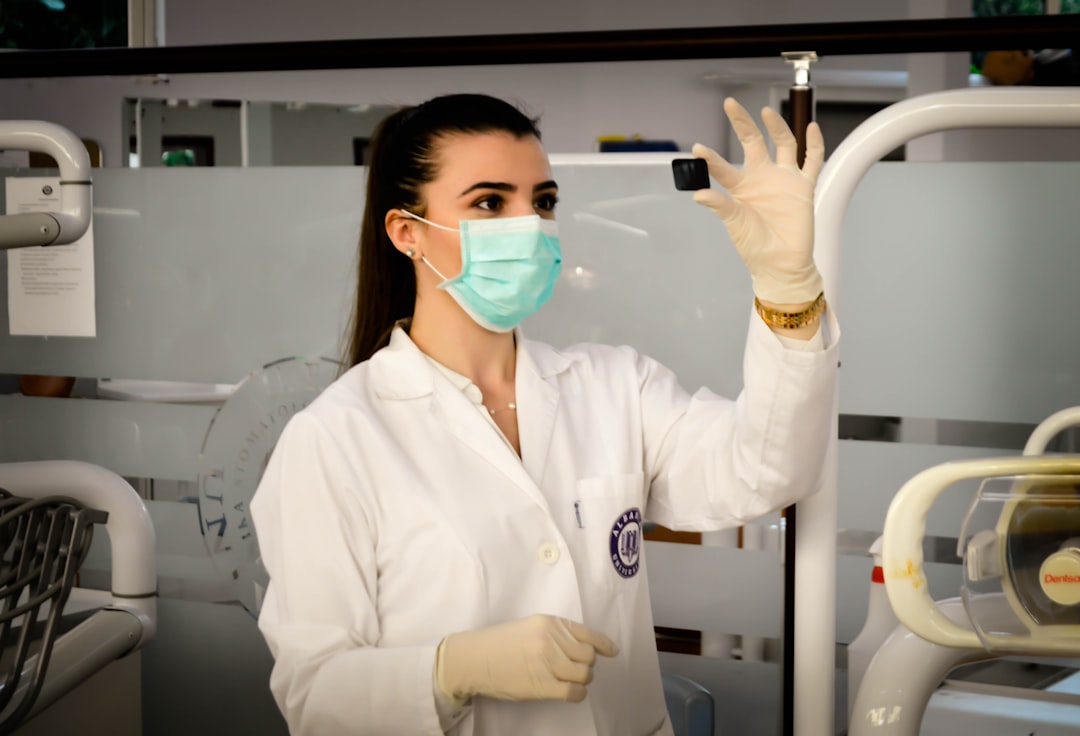
Industry-Readiness Training
The Life Sciences Talent Accelerator course introduces participants to the various roles, business practices, regulations and product development processes within Canada’s Life Sciences industry.
The course comprises of fourteen asynchronous modules, each developed and led by an industry expert. After completing the modules, participants are awarded digital badges recognizing their achievements.
About Training
Talent
All talent in the Life Sciences Program are required to complete each course before starting their internship in the Life Sciences Industry.
Partners
Created with the help of various Professionals in the Life Sciences Industry, each module was created based on current industry needs.
Badges
By completing each course, talent will gain a digital badge to help validate their knowledge and create a digital showcase on their LinkedIn profile.
Industry
Each digital badge is endorsed a national association representing the Canadian Life Sciences industry.
Life Sciences Talent Accelerator Training Module
Program Modules
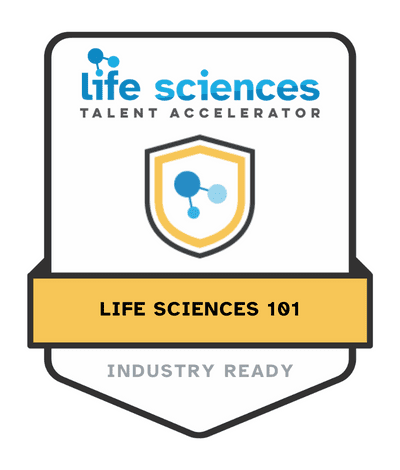
Life Sciences 101
The modules within this digital badge introduce participants to the drug development process, medical writing best practices and the various roles within the Life Sciences sector.
To receive this industry-recognized digital badge, participants must complete the following modules:
*Module developed by the Canadian Advanced Therapies Training Institute (CATTI)
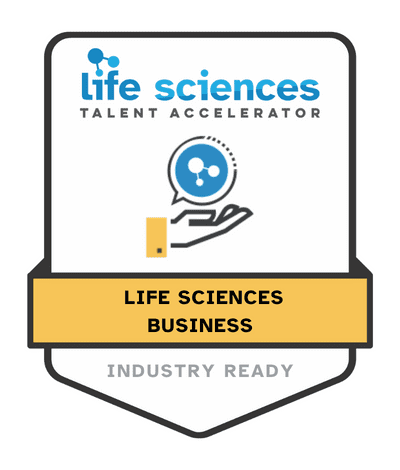
Business Within Life Sciences
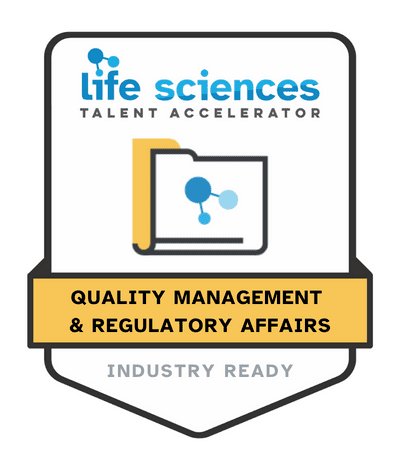
Quality Management and Regulatory Affairs
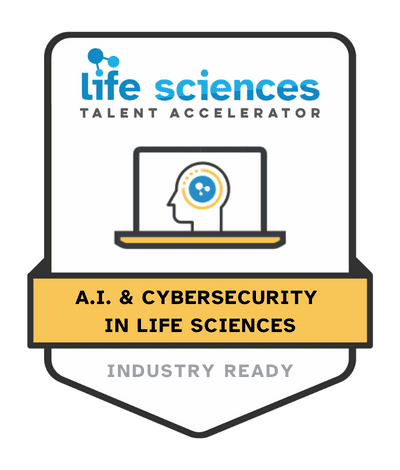
A.I. and Cybersecurity in Life Sciences
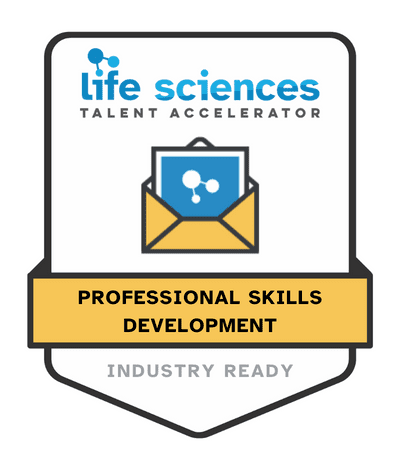
Professional Skills Development
About
Learn more about the program and meet our instructors.
Events
Get involved in the program. View and register for upcoming events.
Prospective Talent
View program eligibility requirements and more.
Training
Learn more about our training opportunities.

Apply Now
Submit your application form.


We acknowledge the support of the Government of Ontario.



